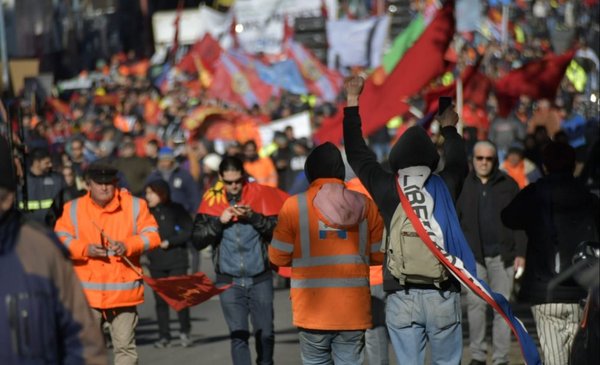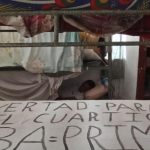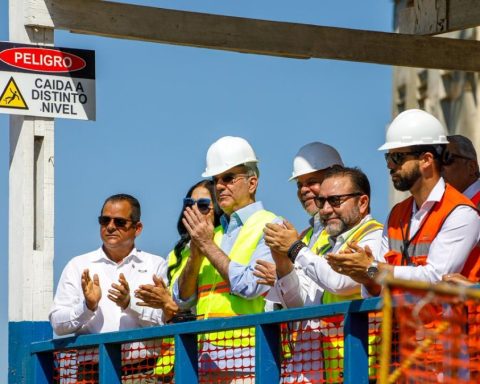This Thursday, with partial stoppage from 9:00, the PIT-CNT will concentrate on the esplanade of the University of the Republic (Udelar) to march to the Legislative Palace. there is “will deploy a great mobilization against the pension reform of the Executive Power”said this Wednesday the president of the plant, Marcelo Abdala.
The bill passed the Senate and now awaits its vote in the Chamber of Deputies; something the union wants to avoid. “In addition to criticizing this reform, we say: It’s good that this administration doesn’t vote,” said the trade unionist at a press conference.
“We understand that it is a reform that raises the retirement age, raises by sweeping the years of work, and for massive contingents of the working population generates fewer rights, fewer pensions,” Abdala argued. For the trade unionist, it is “conditions that have nothing to do with the best traditions of the country.”
“Social security is a mechanism for the protection of people from what the market economy does not solve”, explained at a press conference. “It has to do with rights from when you are a child until after you die. It has to do with family allowances, disability protection, unemployment insurancethe social protection mechanisms in a society that is increasingly unequal”, he argued.
For Abdala, the project implies a “perspective” in which the “majority sectors” they lose more and more rights.
In the event that the project is approved, the central “He will be setting up a strategy, which will be seen in due course, to continue with the theme” because, according to what they say, “the majority of the population does not share this retirement reform.”
The trade unionist also pointed out that they see “difficulties in the government coalition itself” regarding the reform.
For Abdala “a social security reform is necessary”, but “of another type”. “It is good that it be with negotiation and social dialogue, not with an advisory commission that danced to the rhythm dictated by the Executive Branch”he claimed.
The government “started with a rationale that this reform was to reduce the deficit of the Banco de Previsión Social (BPS) and reduces it by reducing rights”, continuous.
“We say: Why don’t we discuss financing? When the International Labor Organization (ILO) advises that the employer contributes more than the worker, or at most they contribute the sameWhy in Uruguay does an employee pay 15% of his income and the employer 7.5%? Is it not that there are sectors that are today re-benefited, that appropriate a huge portion of the country’s wealth, that can contribute a little more?
“We are not talking about the small industrialist, the small merchant or the small agricultural producer. We are talking about companies that bill in bulk, just like how they produce,” he said.
The trade union central called the strike, but gave freedom to each union decides for itself. The transport union, for example, will not stop, although it does adhere to the motion of the PIT-CNT. In education, some unions will stop for 24 hours, while others will have a day of mobilization, but not of unemployment.


















